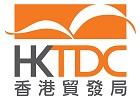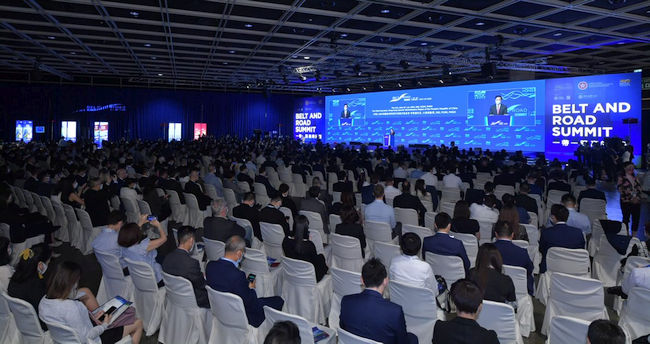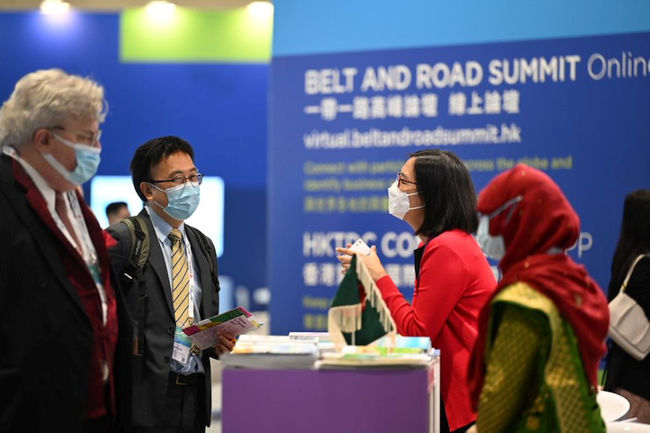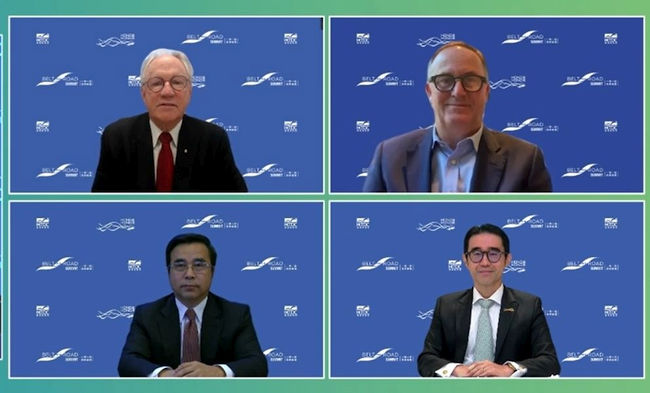
HONG KONG, Sep 2, 2022 – (ACN Newswire via SEAPRWire.com) – The seventh Belt and Road Summit, jointly organised by the Government of the Hong Kong Special Administrative Region (HKSAR) and the Hong Kong Trade Development Council (HKTDC), concluded yesterday (1 September). Continuing in the tradition of being a formal, substantial and high-quality event, the summit saw state leaders and senior officials, regional government leaders and business leaders gathered to explore the business potential of the Belt and Road Initiative, and to drive synergies and create a win-win situation through multilateral collaborations such as the Guangdong-Hong Kong-Macao Greater Bay Area (GBA) and the Regional Comprehensive Economic Partnership (RCEP).
 |
|
|
 |
|
|
 |
|
|
As one of the major celebrations to mark the 25th anniversary of the establishment of the HKSAR, the summit saw more than 80 senior government officials and business leaders from the Belt and Road region gathered to share their insights under the theme “Heralding a New Chapter: Collaborate and Innovate”. For the first time, the summit was held in a hybrid format, overcoming geographical boundaries by allowing those who were unable to attend in person to participate virtually. More than 19,000 attendees representing over 80 countries and regions participated online or at the physical event.
More than 800 one-to-one matching sessions
The business matching and project pitching sessions at the summit remained popular among project owners and attendees. More than 280 investment projects from the Belt and Road region and beyond were presented at the summit, covering four main areas, namely: (1) energy, natural resources and public utilities; (2) innovation and technology; (3) urban development; and (4) transportation and logistics infrastructure. The projects focused on areas such as smart city development, data centres and e-commerce related investments. More than 800 one-to-one business matching meetings were arranged for project owners, investors and professional service providers to pave the way for collaboration agreements.
Real opportunities in RCEP but some challenges
Multilateral collaboration creates more frequent cross-border trade and investment, and is becoming more important than ever in driving a strong recovery in the Asia-Pacific region following the pandemic. The RCEP, which came into effect this year, stands as the largest free trade agreement in history, accounting for 30% of the world’s population and GDP. Combined with the joint effort of more than 180 countries connected through the Belt and Road Initiative, it will further strengthen regional economic integration around the world. In the Business Plenary titled “Collaborate for a Bright New Era”, business leaders from economies along the Belt and Road and the RCEP shared their insights and explored how these initiatives and agreements can complement each other to drive strong economic growth and promote cross-border collaboration between businesses of all sizes.
The 38th Prime Minister of New Zealand, John Key, shared his views on the RCEP. “One of the things that are challenged is the supply chains. China is a really a huge market, and we source a lot of goods from China. We can see the impact the breaking down of those supply chains has had on global inflation.”
Aswin Techajareonvikul, Chief Executive Officer and President of Berli Jucker Public Company Limited, shared that the Thailand enterprises have well received the potential of the Belt and Road Initiative (BRI). “It is in tune with our 20-year strategy and Thailand’s ongoing projects for economic development under the Thailand 4.0 economic model. We are able to expand trade and investment to our neighbouring countries. We can also better link with the world market, especially for the CLMV countries [Cambodia, Laos, Myanmar and Vietnam].”
Liu Liange, Chairman of the Bank of China, said: “Most of the members in the RCEP are located in important junctions along the Belt and Road. This not only fosters connectivity between value chains and supply chains, but also further expands the ‘social circle’ of the Belt and Road Initiative, engaging more countries and businesses in the construction of the Belt and Road and in broader collaboration, as well as forming the dual-engine of the Belt and Road Initiative and RCEP within the region.”
Belt and Road Initiative drives consumption and Infratech development
Global economies are pushing to achieve post-pandemic economic recovery. At the same time, countries around the world are striving to build stronger global business connections with the help of macro measures such as the BRI, the RCEP and the GBA development.
The demand for high-quality, innovative and sustainable infrastructure around the world has given rise to many new business opportunities. These innovative projects will be led and driven by visionary industry leaders as they usher in a new era of infrastructure development. In the “Faster, Greater Infrastructure” session of the thematic group discussions, business leaders who had turned futuristic concepts into reality and envisioned some of the world’s most important infrastructure projects exchanged their views.
Founder and Managing Director of Emaar Properties and Founder and Director of Noon.com, HE Mohamed Ali Rashed Alabbar, said: “I really believe that a link such as the Belt and Road Initiative and its effects on human life, economic progress, quality of life, job creation and exchange of cultures and knowledge and unity to the world – it is going to be incredible.”
Chief Marketing Officer of Hyperloop TT Robert Miller addressed the current trends in infrastructure technology (infratech) development. “Infratech is really underfunded and underdeveloped. Hyperloop really falls into the category of infratech where there is a longer time to profitability. So we need patient investors from both public and private sectors. Meanwhile, governments everywhere are looking at reducing carbon emissions. One of the biggest polluters is the transportation industry: 23% of all carbon emissions worldwide come from transportation. Europe, the United States and countries in Asia are all looking how to decarbonise the transportation industry. Hyperloop TT could be a massive driver in that decarbonisation,” he said.
The seventh Belt and Road Summit was made possible by its Strategic Partner, China International Capital Corporation (CICC); Regional Banking Partner, Bank of China (Hong Kong); and Platinum Sponsors, China Mobile International and China Unicom.
Image download: https://bit.ly/3edlV6t
About HKTDC
The Hong Kong Trade Development Council (HKTDC) is a statutory body established in 1966 to promote, assist and develop Hong Kong’s trade. With 50 offices globally, including 13 in Mainland China, the HKTDC promotes Hong Kong as a two-way global investment and business hub. The HKTDC organises international exhibitions, conferences and business missions to create business opportunities for companies, particularly small and medium-sized enterprises (SMEs), in the mainland and international markets. The HKTDC also provides up-to-date market insights and product information via research reports and digital news channels. For more information, please visit: www.hktdc.com/aboutus. Follow us on Twitter @hktdc and LinkedIn
Media enquiries
Please contact HKTDC’s Communications & Public Affairs Department:
Clayton Lauw, Tel: +852 2584 4472, email: clayton.y.lauw@hktdc.org
Sam Ho, Tel: +852 2584 4569, email: sam.sy.ho@hktdc.org
Yuan Tung Financial Relations:
Agnes Yiu, Tel: +852 3428 5690, email: ayiu@yuantung.com.hk
Tiffany Leung, Tel: +852 3428 2361, email: tleung@yuantung.com.hk
Wong Hing-fung, Tel: +852 3428 3122, email: hfwong@yuantung.com.hk
Copyright 2022 ACN Newswire. All rights reserved. (via SEAPRWire)
source https://netdace.com/acn-newswire/seventh-belt-and-road-summit-draws-to-successful-close/